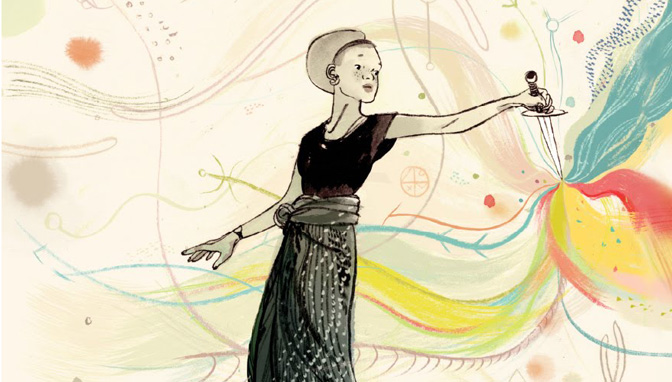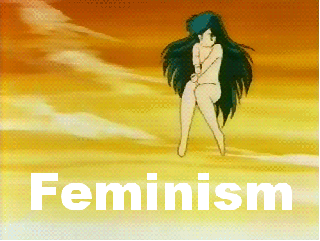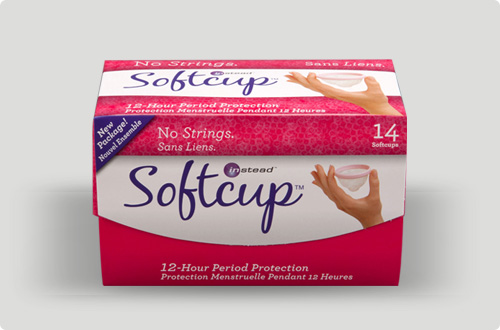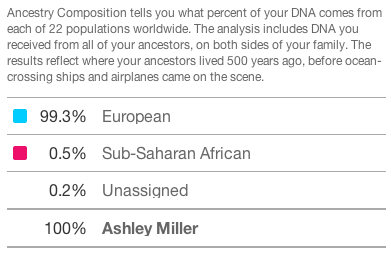This is a work in progress, any feedback from the audience/readers will be incorporated into the list. I am especially interested in finding any good works about female friendship. Here is a wonderful tumblr devoted to diversity in YA. Here is a wonderfully comprehensive list of protagonists of color in YA and another specifically looking at SF and fantasy.
Akata Witch – Nnedi Okorafor
I cannot recommend this book enough. It deals with being an outsider on multiple levels — because of looks, because of talents, because of being a girl in a patriarchal society, and because of culture. It’s about an albino girl in Nigeria, who was born in America and spent years there before being brought back to Nigeria with her family. She discovers that she has magic powers. Imagine Harry Potter, but based entirely on Nigerian culture. I’ve not read Nnedi Okorafor’s other work, but I am going to as soon as I can. The beautiful art above is from the cover of this novel.
The Hunger Games – Suzanne Collins
While this book does have a love triangle in it, it is otherwise a fantastic dystopian novel with a female lead. Katniss is smart and driven by her desire to help her family and herself. She can be quite selfish and uninterested in the feelings of others. These flaws make her far more interesting than many women in YA novels and far from a passive participant in the events. She is also written with olive skin and dark hair, which many interpret as being a person of color but, at the very least, is resistant to the blonde haired, blue eyed tradition.
His Dark Materials Trilogy – Philip Pullman
These books are really fascinating from an atheist perspective, but also just a really good fantasy story. The lead character is a pre-pubescent girl who is an expert liar. Her journey is fascinating. The book is also notable for the importance and fundamental goodness of the Gyptian people (based on Gypsies) to the storyline.
Speak – Laurie Halse Anderson
This is an incredible book about a girl who is outcast from her high school because she called the cops when she was at a party. She called the cops because she had been raped, but she is unable to talk about it. In fact, she doesn’t speak much at all. The book is about her coping with what happened to her and learning to be herself again. It was made into a completely watchable movie starring Kristen Stewart pre-Twilight.
Princess Academy – Shannon Hale
I am a sucker for books about princesses, especially if they’re princesses who buck the trend and do something totally unusual like have opinions and fight battles and refuse to get married. The lead character of this book is a young woman who feels like an outcast and, in the end, does not want the prince and doesn’t get him. The book is really about the importance of education for women and the role of one’s home and family.
Tiffany Aching Series – Terry Pratchett
My reviews of Tiffany Aching books are here and here. I love Terry Pratchett, I hope some day to write something I enjoy as much as Terry Pratchett books. Tiffany Aching is a marvelous lead. Her first book is the most compelling, but I really wish that someone would turn Tiffany Aching into a TV series. It’s like a pre-teen Buffy.
Equal Rites – Terry Pratchett
My review from a couple years ago: Third in the Discworld series and by far my favorite of them all. This introduces Granny Weatherwax, who is my favorite Pratchett character, followed closely by Death. Pratchett’s greatest skill as a writer, in my opinion, is that none of his characters are particularly attractive and they all have terrible flaws, but you like them and they never get over their flaws. People don’t become pretty, or overcome their inherent selfishness or cowardice, they’re just regular people.
Harriet the Spy – Louise Fitzhugh
This is one of my favorite books. She also seems to be on the spectrum as well — she’s very into routine and order and not good at empathizing with others. I tried to watch the movie version again recently and was unable to get through it, so stick to the book I think. Many people read Harriet and her friends as queer as well. I personally see far more traits of autism than indications of any kind of sexuality.
Enchanted Forest Chronicles – Patricia C. Wrede
This is a brilliant series about a princess who doesn’t want to be a princess and has no interest in boring princes trying to rescue her. She runs away to live with a dragon because that’s much more interesting. And the dragons are much more into gender equality than humans, teaching some interesting lessons about the roles of men and women.
Ella Enchanted – Gail Carson Levine
Despite the terrible movie, the book is actually a really good examination of societal expectations of women. I really like Gail Carson Levine’s writing style, but her books are fairly short on people of color.
Coraline – Neil Gaiman
I love Neil Gaiman, and the character of Coraline is great. The story is not my favorite, I thought The Graveyard Book, which was similar in tone, was a much better read. If you like YA horror, however, you can’t get a much better character than Coraline.
On My To-Read
Divergent – Veronica Roth
Fault in Our Stars – John Green
Books by Tamora Pierce, not sure which
The Coldest Girl in Coldtown – Holly Black
Ash – Malinda Lo
Liar – Justine Larbalestier
Chaos – Nalo Hopkinson
Half-World – Hiromi Goto
Eon – Alison Goodman
Book of 1000 Days – Shannon Hale

















